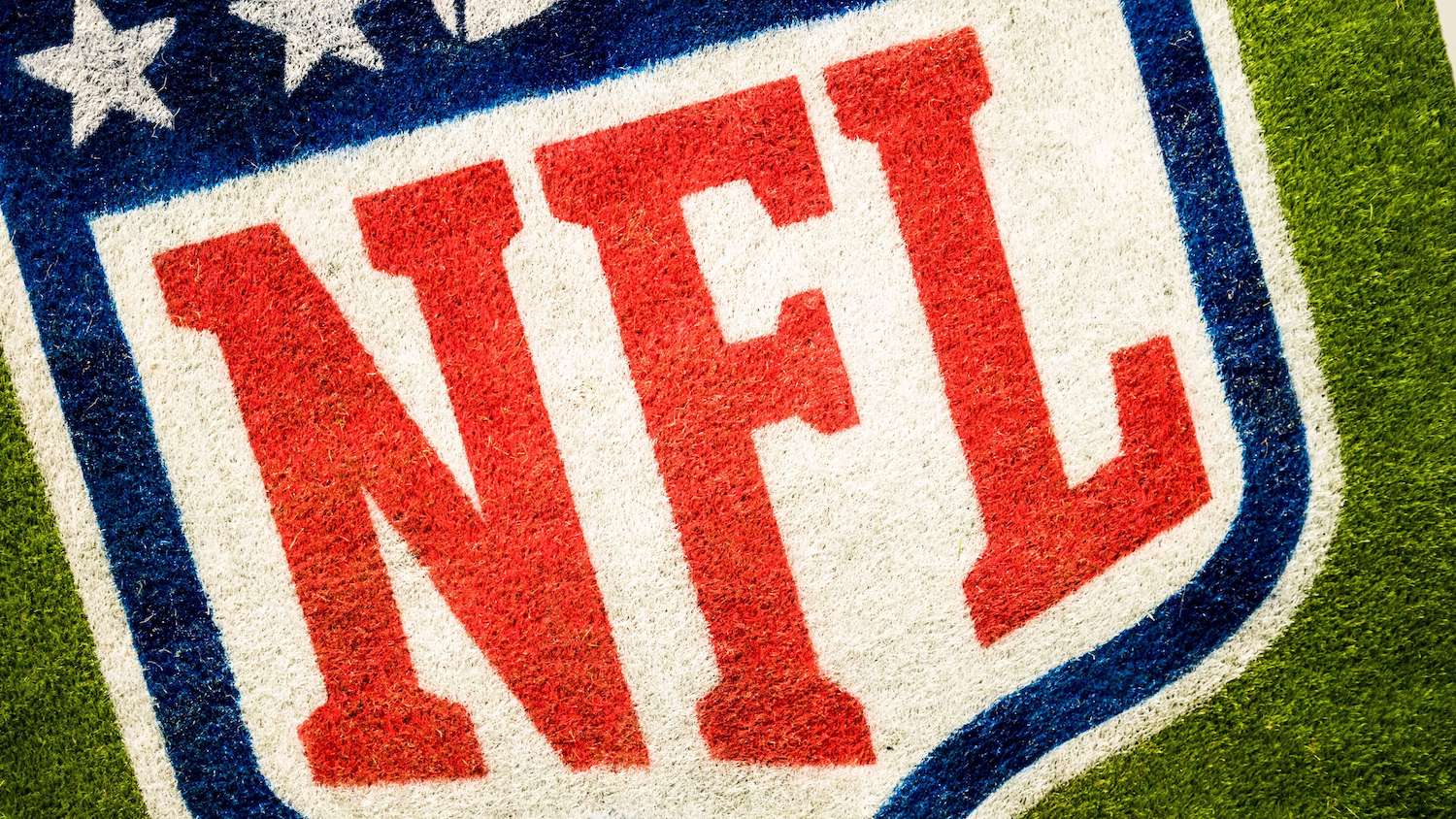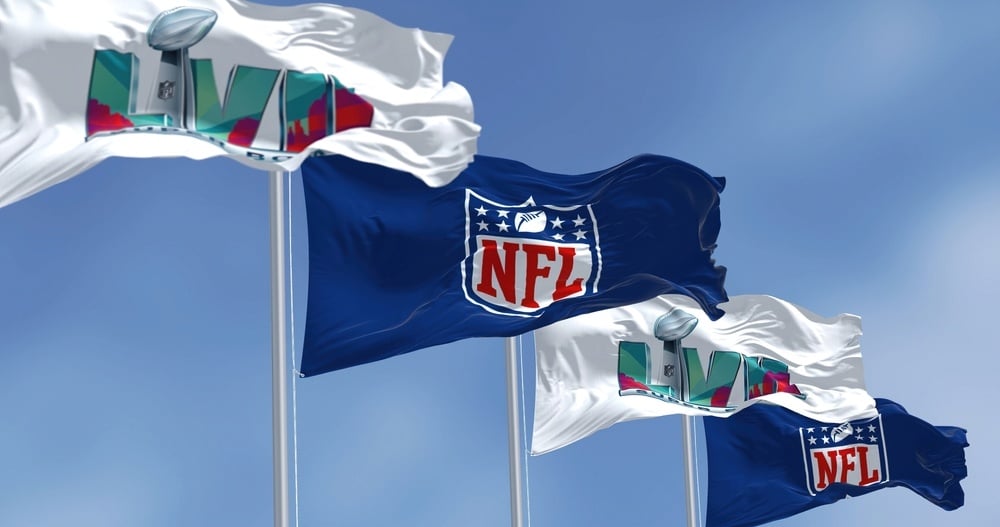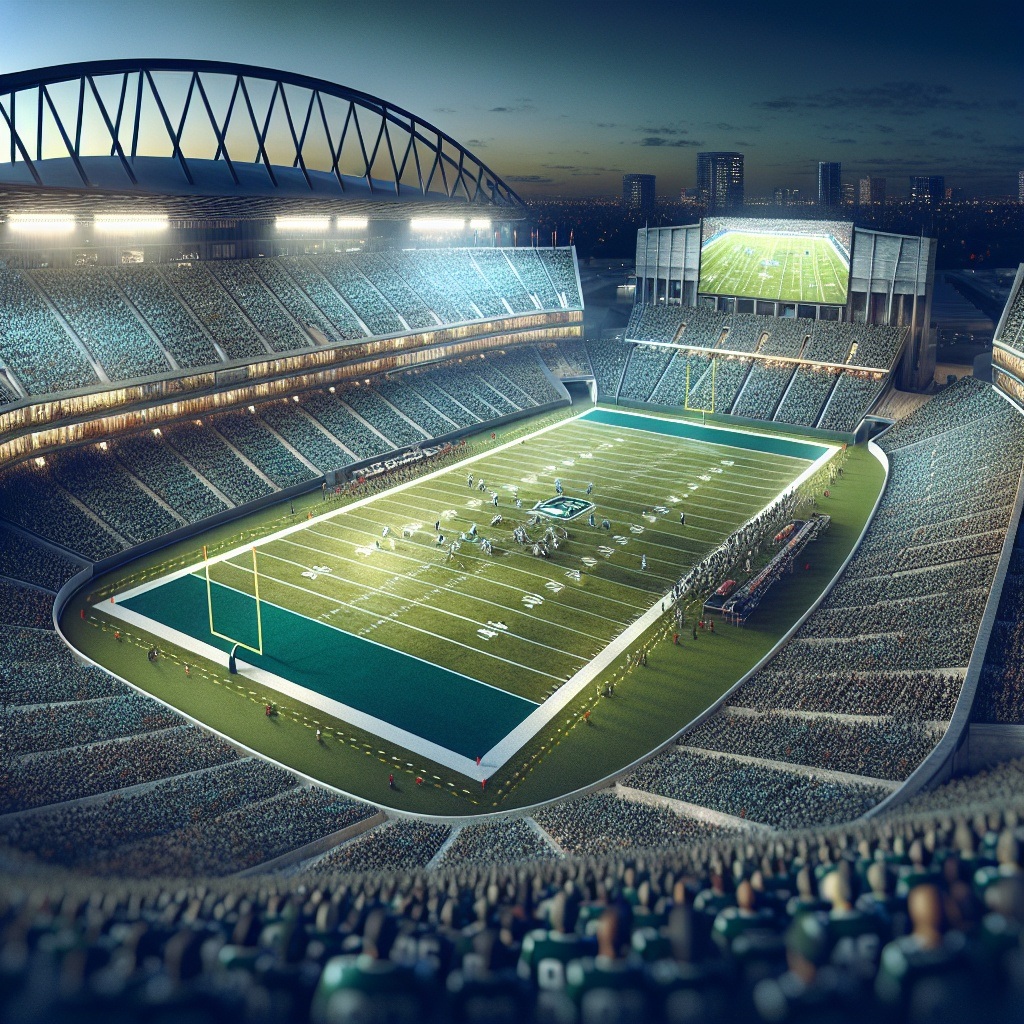Understanding the NFL Playoffs: A Comprehensive Beginner’s Guide

An Introduction to the NFL Playoffs
The NFL playoffs are the culmination of the league’s football season, showcasing the best teams as they chase a spot in the storied Super Bowl. This exciting stage of the competition is marked by high-stakes matchups, single-elimination drama, and a path that only the strongest teams survive. Fans and newcomers alike can benefit from understanding the key mechanics that define the NFL postseason, from seeding and home-field advantage to the role of wild card teams and the unique playoff bracket format.
- Structure: Multiple rounds, starting with the wild card games, progressing through divisional and conference rounds, and finishing with the Super Bowl.
- Seeding: Teams are ranked based on regular-season performance, which affects their playoff matchups and the potential for home-field advantage.
- Home Benefits: Higher-seeded teams often play on their own turf, bringing crowd support and familiar conditions.
- Elimination: Each game is “win or go home”—one loss ends a team’s playoff journey.
- Season Highlight: The postseason is known for its intensity and unpredictability, making it one of the year’s most anticipated sporting events.
Let’s explore how the NFL season leads into the playoffs, how teams qualify, and how the playoff system determines the two Super Bowl contenders.
Overview of the NFL Season
The road to the playoffs begins with the regular NFL season, which is organized into two conferences: the American Football Conference (AFC) and the National Football Conference (NFC). Each conference houses 16 teams, totaling 32 franchises across the league.
Across an 18-week schedule, each team plays 17 games. The season usually kicks off in early September and runs through late December or early January. Once the regular schedule ends, the top 14 teams earn the right to battle for the most coveted prize in the sport: the Super Bowl.

NFL Divisions and Scheduling Breakdown
To promote competition and maintain traditional rivalries, each conference is further divided into four geographic divisions, each comprising four teams.
AFC Divisions:
- North: Baltimore Ravens, Cincinnati Bengals, Cleveland Browns, Pittsburgh Steelers
- South: Houston Texans, Indianapolis Colts, Jacksonville Jaguars, Tennessee Titans
- East: Buffalo Bills, Miami Dolphins, New England Patriots, New York Jets
- West: Denver Broncos, Kansas City Chiefs, Las Vegas Raiders, Los Angeles Chargers
NFC Divisions:
- North: Chicago Bears, Detroit Lions, Green Bay Packers, Minnesota Vikings
- South: Atlanta Falcons, Carolina Panthers, New Orleans Saints, Tampa Bay Buccaneers
- East: Dallas Cowboys, New York Giants, Philadelphia Eagles, Washington Commanders
- West: Arizona Cardinals, Los Angeles Rams, San Francisco 49ers, Seattle Seahawks
Annual Scheduling Formula:
- Face divisional opponents twice (home and away)
- Compete against all four teams from another in-conference division (rotates every three years)
- Play teams with similar previous-season rankings from remaining in-conference divisions
- Challenge all four teams in a single out-of-conference division (rotates every four years)
- One additional game against a comparable out-of-conference opponent

The NFL Playoffs Explained
The NFL postseason has been captivating fans since 1932 with its knockout format. Lose, and a team’s Super Bowl dreams are dashed for another year. Win, and the journey continues.
Seven teams from each conference (14 in total) compete in the playoffs. Each conference ultimately crowns a champion who advances to the Super Bowl. The playoffs are renowned for unpredictable outcomes and nail-biting excitement where even underdogs have the potential to triumph.
Season and Playoff Timelines
Each NFL season’s calendar is consistent:
- Regular Season: Begins the weekend after Labor Day (early September) and ends in early January.
- Playoffs: Played over four consecutive weekends starting in January and typically ending in early or mid-February with the Super Bowl.
In recent years, the NFL extended the regular season to 17 games, shifting the Super Bowl to the second Sunday of February.
How Teams Qualify and Are Seeded for the Playoffs
A total of 14 teams qualify for the playoffs—four division winners and three wild card teams from each conference. Seeding is determined as follows:
- Division Winners: Ranked 1 through 4 based on their overall records
- Wild Card Teams: Three non-division winners with the best records in each conference, seeded 5 through 7
Higher seeds earn advantages such as home games and, previously, first-round byes (which now only the top seed in each conference receives under the current format).

Understanding the Wild Card
The concept of the wild card was introduced in 1970 after the NFL and AFL merger. Wild card teams are those with strong regular-season records that finish second or third in their divisions. These teams always begin their playoff campaign on Wild Card Weekend.
First Round Matchups:
- Division Winner #1: Receives a bye (does not play)
- Division Winner #2 vs. Wild Card #7
- Division Winner #3 vs. Wild Card #6
- Division Winner #4 vs. Wild Card #5
A superior regular-season record can help a team secure a more favorable playoff path, emphasizing the importance of every game throughout the season.
Playoff Reseeding: How Matchups Evolve
After each playoff round, the remaining teams are “reseeded.” In this process, the highest-seeded team always faces the lowest remaining seed, with the higher seed enjoying home-field advantage. This system rewards excellence during the regular season and encourages consistent performance.
For example, if top-seeded teams are eliminated in an earlier round, the bracket shifts—allowing other high seeds the advantages of new matchups and home games.
The Structure of the NFL Playoff Bracket
The playoff bracket is the ever-changing visual roadmap of the postseason. As the regular season draws to a close, fans obsess over how potential seedings and results will influence their favorite team’s journey to the Super Bowl.
The bracket evolves as teams are eliminated and seeds change due to playoff upsets, ensuring no two years ever play out exactly the same way.
Whether you’re a casual viewer or beginning your NFL fandom, understanding the playoff structure deepens your enjoyment as the action ramps up each winter. If you’re seeking more football knowledge, explore topics like unique game terms or advanced NFL betting guides for even greater insight.








